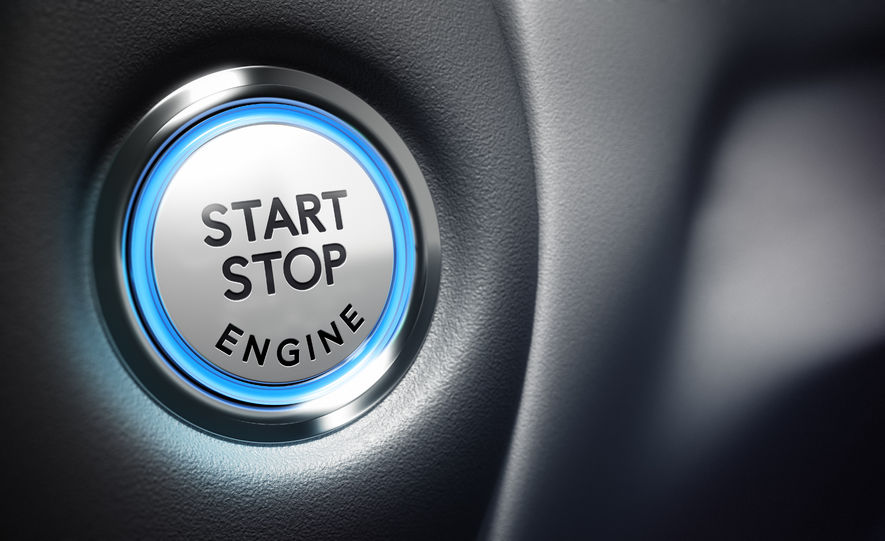
Recently, a friend asked me about a newfangled anti-DWI device that he had heard about. What is it? What does it do? The device is called an ignition interlock. They’ve actually been around for a while now. Of course, it’s been headline news due to the recent case that went viral. The case involved a thirty-six-year-old woman that was charged with DWI. What made the case unusual was her use of the device. She had the device in her car as a condition of probation. The problem was that she was still driving around drunk. But instead of her blowing in the device, she was having her eight-year-old daughter blow into the device. The plan didn’t work out very well as she crashed her vehicle and was charged with another driving while intoxicated offense. It was not a Texas case. Here, if you are caught driving while intoxicated with a minor in the vehicle you are charged with a felony. So, what is this anti-DWI device?
A Breath Alcohol Ignition Interlock Device (BAIID) or Ignition Interlock is a machine that keeps you from starting your vehicle if you have been drinking alcoholic beverages. The contraption is usually set to a minimum level that blocks the vehicle’s ignition system upon a positive test. Usually, the device is set to a minimum BAC (blood alcohol content) of .02. It is essentially technology that integrates breath alcohol detection to the vehicle’s start mechanism. When you enter your vehicle, you are to blow into the device before the vehicle can be started. If you blow over the .02, the vehicle will not start. Typically, there is also an on-board device that logs the event and other data. Some integrate a camera as well to make sure the correct individual is blowing into the device. The readings are then forwarded to the court and probation personnel in charge of your probation.
In theory, the device is designed to prevent and deter convicted DWI offenders from once again driving under the influence of alcohol. Here in Texas, if you are convicted of DWI and have a BAC of over .15 then you may be required to have the device in your vehicle for at least half the term of your probation. Many judges are now making offenders keep the device in their car throughout the entire term of their probation. You are also required to have the device in your vehicle upon your second conviction for DWI in Texas.
The device isn’t free. Fees per month on the device can be costly. Fees can range from $60 to $100 per month. You must also pay installation and maintenance fees. Installation alone can be around $100. The device must be serviced every few months to function properly. Older devices were not accurate and false positives were a common occurrence on the dated semi-conductor technology. These are now banned in Texas. So, make sure your device is up to date. The newer technology is fuel cell based and the results are much more reliable. False positives can be costly and can put you in jail when you may not have been drinking.
If you find yourself in a situation where you need to have an interlock device in your vehicle, you should hire an experienced criminal defense attorney. Offenders that violate the policy of having the device on their vehicle can and will be punished by either jail time or revocation of your probation which could result in prison time.
 Conroe Criminal Lawyer Blog
Conroe Criminal Lawyer Blog

